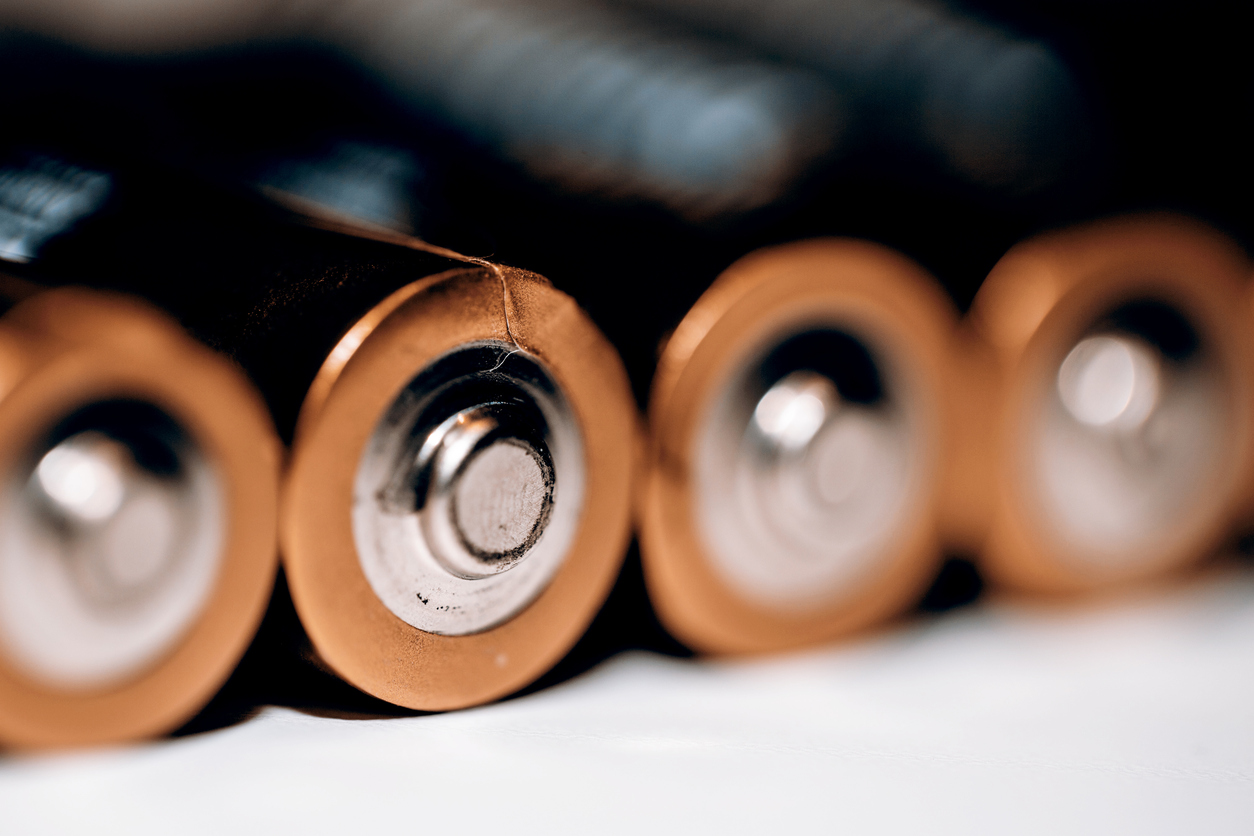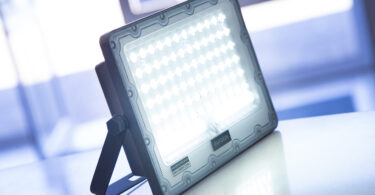If you have kids, there is one thing you’re going to need to buy again and again: batteries. Any toy that makes sounds, wiggles or wobbles requires a battery or two. In fact, a week doesn’t go by when I don’t need to change an AA or AAA battery in my house… clocks, game controls, torches, baby monitors, security cameras, scales, wall clocks, LED lights. So it’s definitely worth asking if rechargeable batteries are a good idea.
Even with solar becoming increasingly popular (we love this handy solar-powered phone charger, for one), we live in a battery-driven world. So if you find that you keep eyeing out the battery shelf on the way to the tills, you’ve probably already given some thought to rechargeable batteries.
They do have a certain stigma – rechargeables don’t last as long, they aren’t cost-effective, their capacity is limited to a set number of charges, they can kill a device if used incorrectly. So why transition from disposable to rechargeable? And is powering up rechargeable batteries more of a hassle than a convenience?
The first thing you need to know is that most rechargeables, if you buy from a reputable brand (both Energizer and Duracell have options), last longer on one single charge than their disposable counterparts. Duracell batteries are guaranteed for five years.
And yes, the startup cost is higher, but, if used correctly (ie fully charge them before you pop them in anywhere), rechargeable batteries can be used thousands of times. (A pack of four Energizer AAA batteries costs R54.95, while four Energizer rechargeables are R129.95. You can get four DQUIP batteries and a charger for R145 at Dis-Chem.)
Rechargeable batteries are a better investment in the long run.
Another big reason to consider recharging is the environmental impact. The fewer batteries you buy, the fewer need to be made. Batteries are made from a mix of chemicals such as nickel, lead and cadmium. They’re extremely toxic, so, when dumped and the casing corrodes, chemicals can slowly leak into the soil and eventually end up in our water supply.
That said, it’s probably also important to note that rechargeable batteries do contain dangerous heavy metals as well, which means that, when you’re done with them, they must go into an e-waste bin.
Thanks to DESCO, Makro, HiFi Corporation and Incredible Connection stores can all help you to dispose of your old tech and batteries.










Leave a Comment